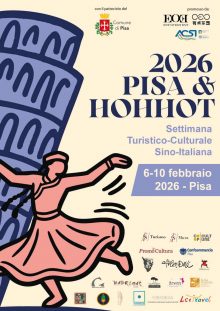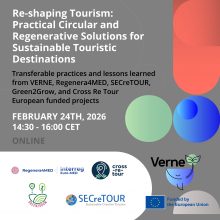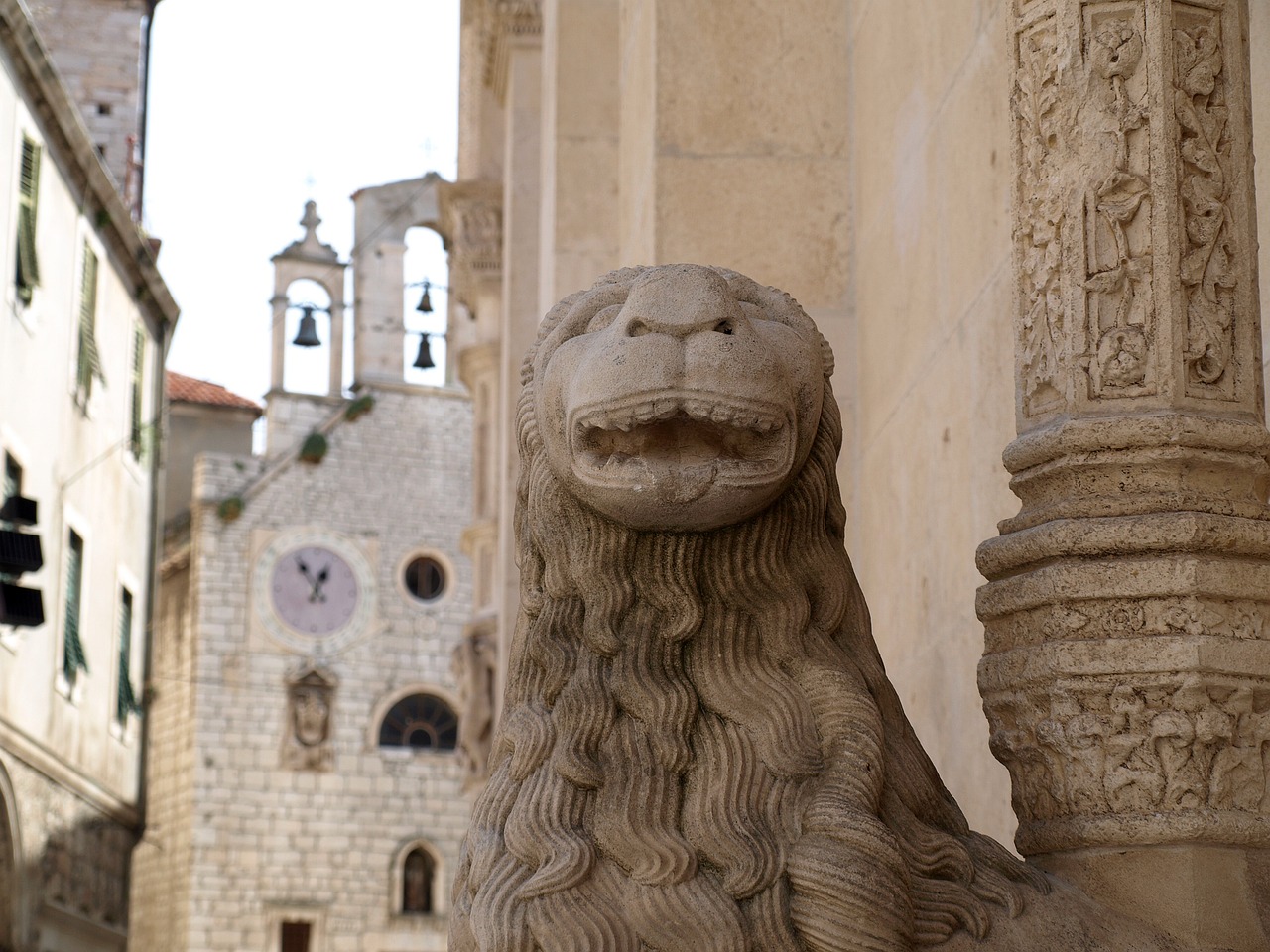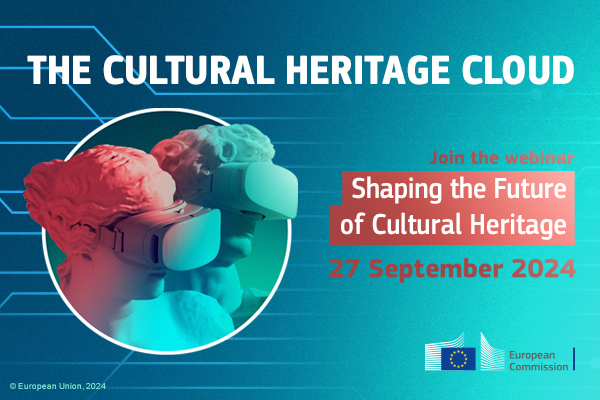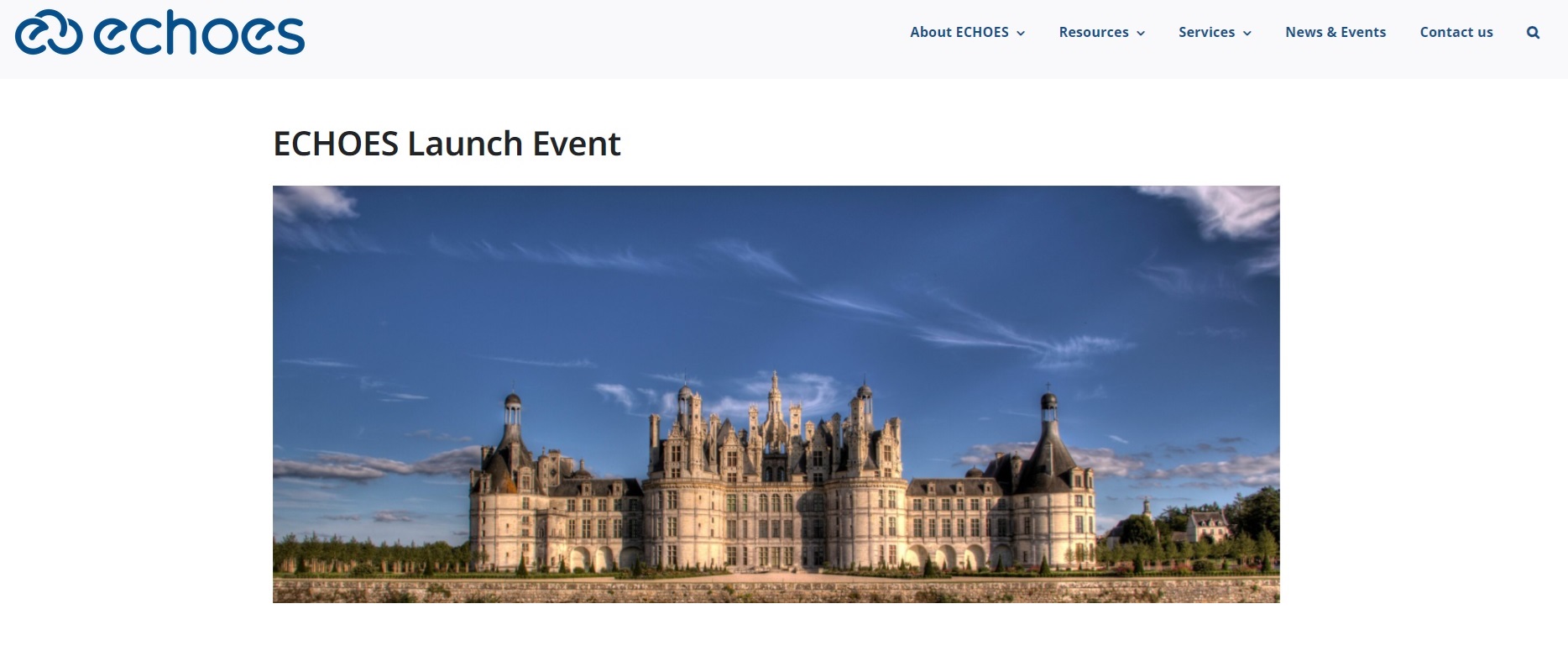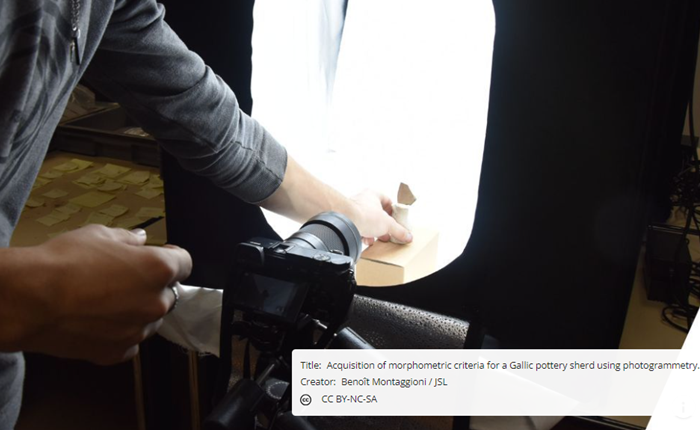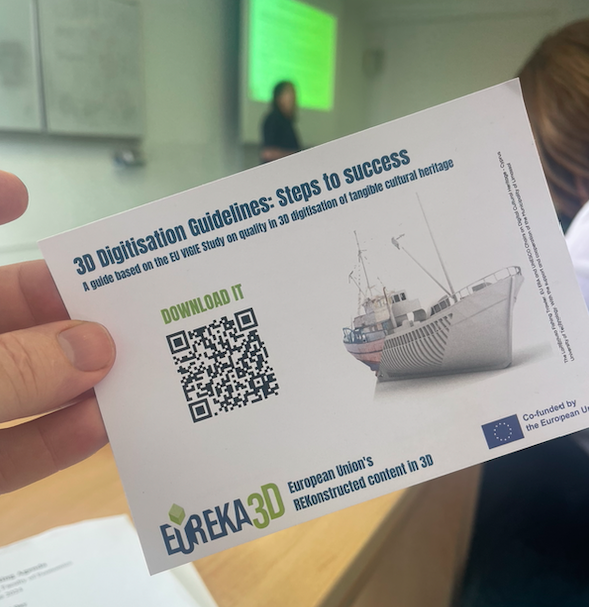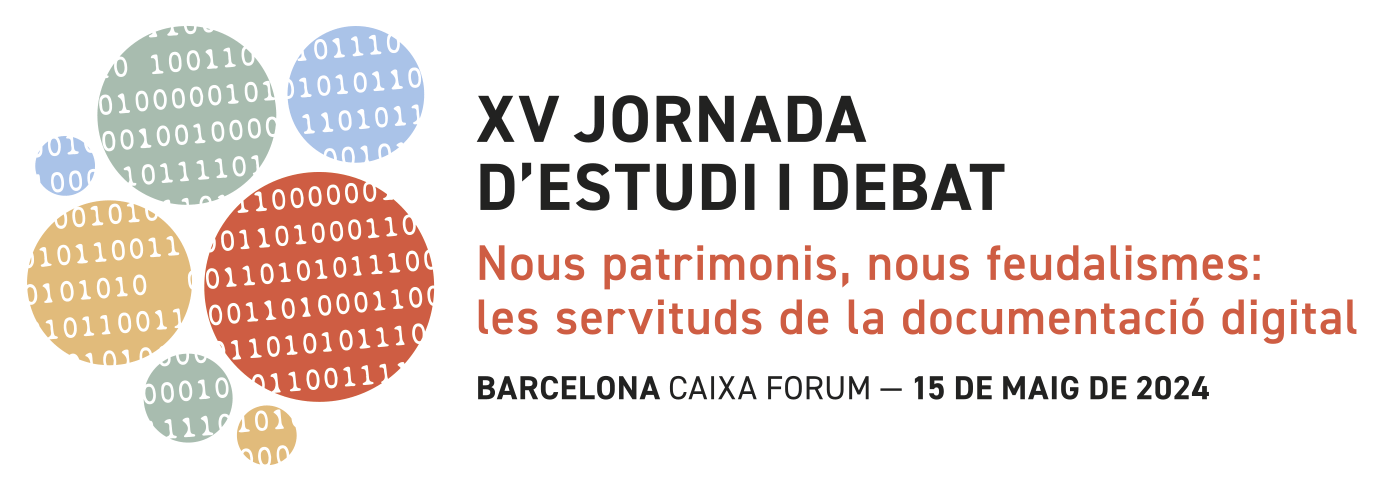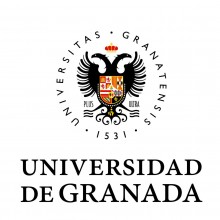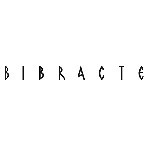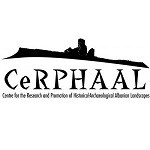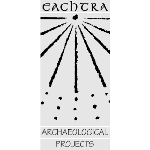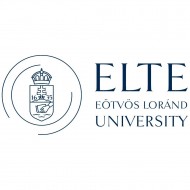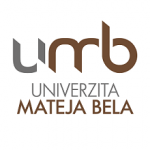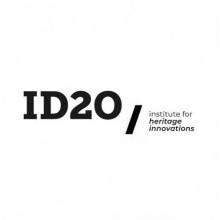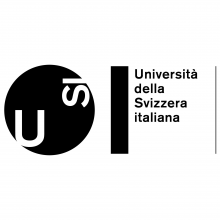 The SECreTour project has established a collaboration with The Digital Heritage Research Lab (DHRLab) in Cyprus.
The SECreTour project has established a collaboration with The Digital Heritage Research Lab (DHRLab) in Cyprus.
The Lab, established in 2013 at the Department of Electrical Engineering, Computer Engineering and Informatics at the Cyprus University of Technology, is devoted to research on the digitisation, documentation, archiving, preservation, protection and promotion of the tangible and intangible cultural heritage.
At European level, the DHRLab collaborates with a network of over 150 key partners from academic, research and industrial sectors, working towards the development of new tools and applications, including the cultural tourism domain. To this regard, it is worth to mention that the Lab participated in the former IMPACTour and TEXTour EU projects funded under the Horizon 2020 Programme.
DHRLab is hosting the unique UNESCO Chair on Digital Cultural Heritage. It has rapidly achieved world-spectrum of collaborative research projects and has created a remarkable wide research network and an agenda with great potential for future activities (such as the H2020 ViMM Manifesto, Roadmap and Action Plan).
Some of the latest achievements in the Lab are significant with unique international awards like the EU Best Innovation Award at the Fair of European Innovators in Cultural Heritage, European Commission Research Executive Agency REA: 10 years supporting excellence in science/REA’s life-changing projects and Innovation Radar Capturing, Digitisation technologies in Cultural Heritage, the EU Study VIGIE2020/654 Study on quality in 3D digitisation of tangible cultural heritage, as well as the establishment of the first Competence Center on 3D Documentation in Cultural Heritage on the island of Cyprus.
The collaboration of SECreTour and DHRLab has just started, but it is already planning joint initiatives, among which the next workshop on cultural tourism at the EUROMED2024 conference that will run from 2 to 4 December 2024 in Limassol.



